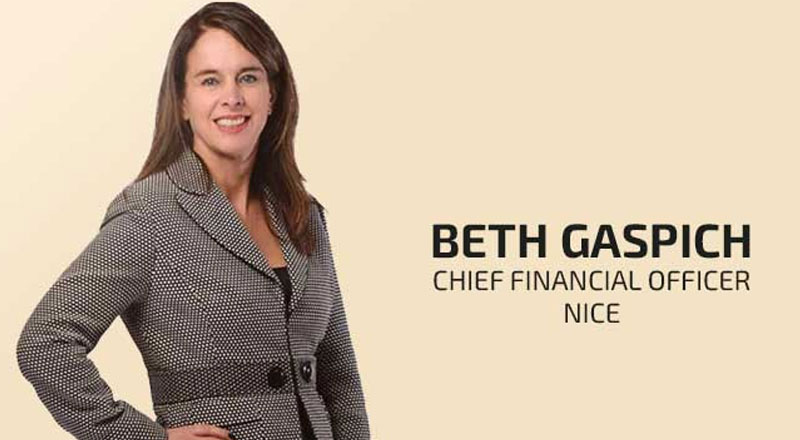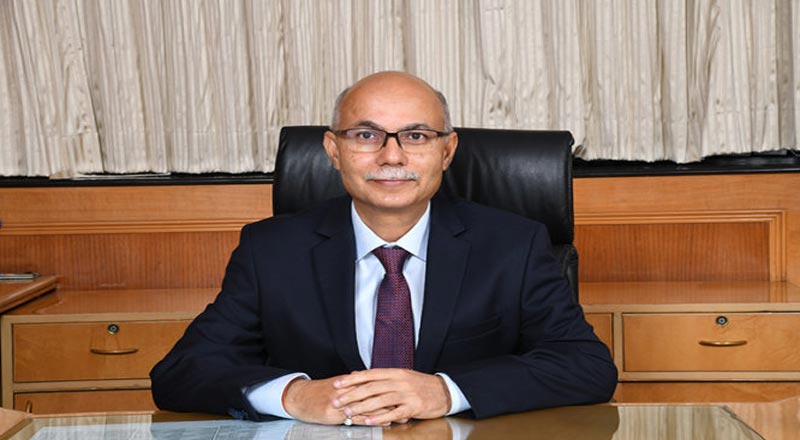Vijay Mallya Blames 2008 Crisis & Congress Govt for Kingfisher’s Downfall
In a rare and revealing interview, fugitive tycoon Vijay Mallya has opened up about the collapse of Kingfisher Airlines, blaming the 2008 global financial crisis and alleged lack of support from the then-Congress-led Indian government. Speaking with YouTuber Raj Shamani, Mallya claimed that he approached then Finance Minister Pranab Mukherjee with a proposal to downsize Kingfisher in response to worsening economic conditions — a request he says was denied.
“I went to Shri Pranab Mukherjee and said I have a problem. I need to cut the number of aircraft, lay off employees,” Mallya said. “I was told not to downsize. ‘You continue, banks will support you.’ That’s how it all started.”
The Rise and Fall of a Business Baron
Vijay Mallya, once celebrated as India’s flamboyant liquor baron and the face behind United Breweries and Kingfisher, had a meteoric rise. In 2005, he launched Kingfisher Airlines, which redefined air travel in India with its luxurious service and youthful branding. But by 2012, the airline had grounded its fleet amid mounting debts, unpaid salaries, and cancelled licenses.
Initially admired as a visionary entrepreneur, Mallya soon found himself entangled in financial scandals, accused of defaulting on loans and siphoning funds. As media scrutiny grew and legal pressure mounted, Mallya left India in March 2016, shortly before a consortium of banks moved to recover unpaid loans. His departure, just days before action was taken, fueled public perception of him as a defaulter who fled justice.
A Closer Look: Crisis, Denial, and the Downward Spiral
Mallya claims the real undoing of Kingfisher was the 2008 financial crisis, which crippled sectors worldwide, especially aviation. “The money dried up. The rupee’s value crashed. The cost of operation soared,” he said, recounting the airline's sudden financial descent. Despite recognizing the storm, Mallya alleges he was discouraged from shrinking operations and was assured continued bank support.
Instead, that support allegedly never came in the needed form. Kingfisher's losses deepened, salaries went unpaid, and the airline was grounded. What followed was a financial collapse of monumental proportions — with banks claiming dues of over ₹9,000 crore and Mallya eventually declared a "wilful defaulter".
Debt Disputes & Denial of Fraud
In his latest comments, Mallya disputes the size and nature of the debt. He cited a Debt Recovery Tribunal certificate showing dues at ₹6,203 crore, significantly less than the often-cited ₹9,000 crore. He also highlighted that the ₹14,131.6 crore figure came only from a finance minister’s parliamentary statement, not from bank communications. “Despite sending 15 reminders, I was never given a statement of account,” he said.
He further claimed to have made four separate settlement offers, all of which were rejected by the banks. “I’m prepared to stand trial — not for any fraud, but for alleged bad intentions,” he asserted, pushing back against being labelled a “chor.”
Exile, Reputation, and a Possible Return
Since fleeing India, Mallya has become one of the most well-known fugitives of India’s economic history, fighting extradition battles in the UK while contesting his label as a criminal. “Call me a fugitive, fair enough… but where is the ‘chori’? What did I steal?” he asked.
Addressing the possibility of return, he said he would consider it seriously — but only under assurances of fairness. He pointed to a UK High Court ruling that found Indian detention conditions in violation of Article 3 of the European Convention on Human Rights, making extradition problematic.
Redemption or Rationalisation?
Vijay Mallya’s defence offers a narrative of misunderstood intentions, failed institutional support, and economic bad luck. While his claims may find sympathy in some quarters, the sheer scale of financial mismanagement under his leadership is undeniable. The courts may eventually decide whether he is guilty of fraud — but in the court of public opinion, the damage to his reputation is already done.
What’s clear is this: from champagne-soaked parties to courtroom battles, Mallya’s story remains a cautionary tale of unchecked ambition, economic vulnerability, and the thin line between business failure and criminality.
(With agency inputs)






















